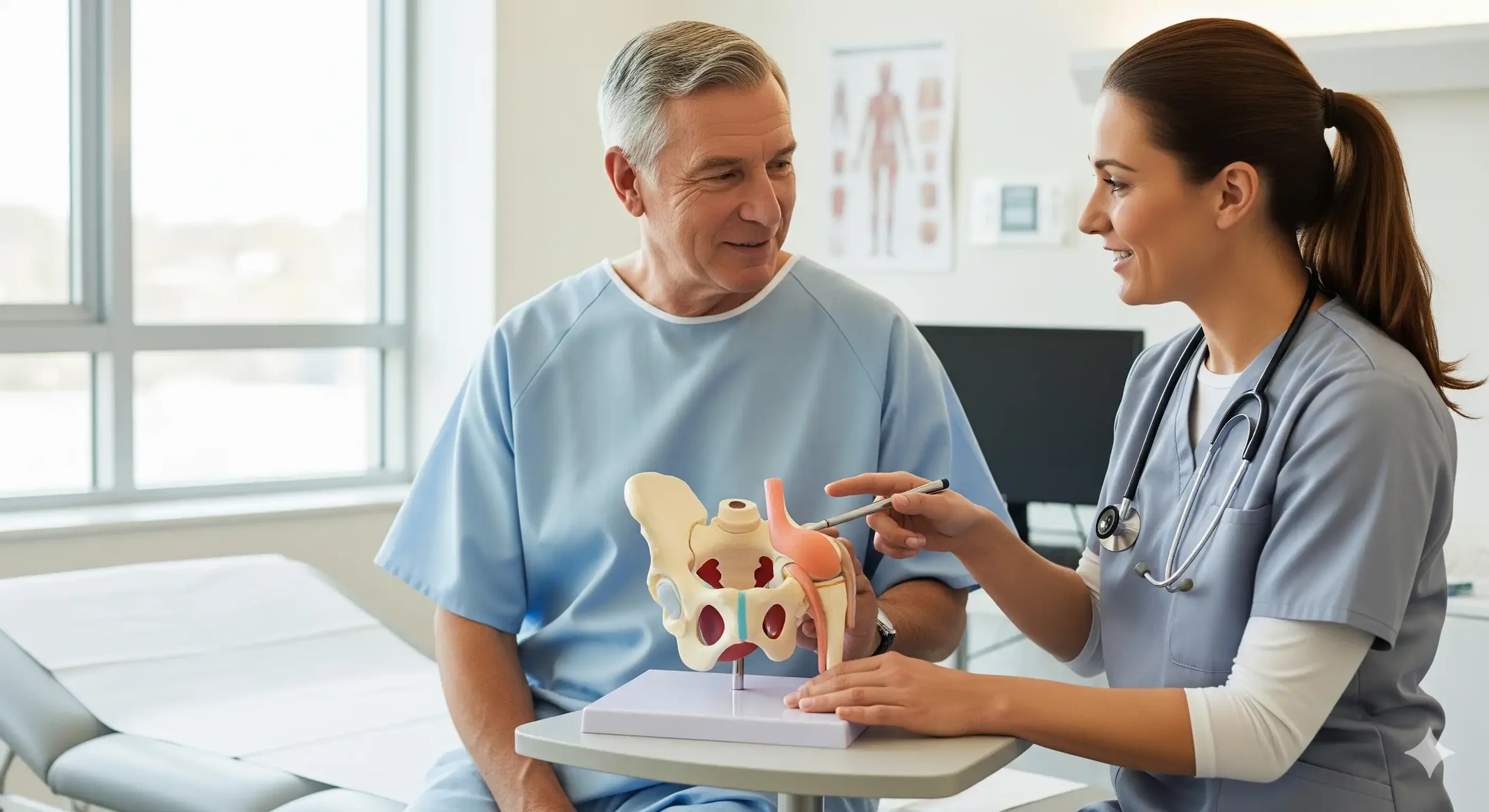Supporting Recovery After Hip and Knee Surgery: The Essential Role of Nutrition
Recovering from hip or knee replacement surgery is a multifaceted process that extends beyond the operating table. Nutrition plays a pivotal role in accelerating recovery, enhancing muscle strength, and reducing complications. Among the various nutrients, protein stands out as a cornerstone in the healing process.
The Importance of Protein in Post-Surgery Recovery
Protein is integral to tissue repair, immune function, and muscle maintenance- critical components during the recovery phase after joint replacement surgeries. Studies have consistently shown that perioperative protein or amino acid supplementation can mitigate muscle atrophy, enhance muscle strength, and improve functional outcomes in patients undergoing a range of surgeries from total hip replacement to knee arthroplasty. A systematic review and meta-analysis of 19 studies involving 903 patients found that essential amino acids (EAAs) significantly reduced muscle atrophy in quadriceps and hamstring muscles. However, effects on muscle strength and function were mixed, indicating the need for further research to optimize supplementation strategies.BioMed Central
Additionally, a systematic review of fourteen randomized controlled trials suggested that protein supplementation in the postoperative period following orthopedic surgery may be an effective intervention to combat muscle atrophy. ScienceDirect
Nutritional Strategies for Optimal Recovery
To support recovery after hip surgery or knee surgery, consider the following nutritional strategies:
Increase Protein Intake: Aim for approximately 1.2 to 2.0 grams of protein per kilogram of body weight per day, as recommended by various health organisations. This can be achieved through dietary sources such as lean meats, dairy products, legumes, and plant-based proteins.
Incorporate Natural Protein Supplements: For those who may struggle to meet protein needs through food alone, incorporating natural protein powder can be an effective solution. These supplements provide a convenient and efficient way to ensure adequate protein intake.
Balanced Diet: Include a variety of nutrients to support healing, such as vitamins C and D for collagen formation and bone health, respectively, and minerals like zinc and magnesium for immune function and muscle relaxation.
Hydration: Adequate fluid intake is essential to support metabolic processes and prevent complications like constipation, which can be exacerbated by pain medications.
The Role of Rehabilitation and Exercise
While nutrition lays the foundation for recovery, physical rehabilitation is equally important. Combining protein supplementation with structured rehabilitation exercises has been shown to enhance strength and functional capacity in patients recovering from joint replacement surgeries. Engaging in weight-bearing and resistance exercises, as recommended by healthcare providers, can further stimulate muscle protein synthesis and improve mobility. Springer Link
A comprehensive approach to recovery after hip or knee surgery involves not only surgical intervention and rehabilitation but also a focused nutritional strategy. Prioritizing protein intake, utilizing natural protein powder supplements, and maintaining a balanced diet can significantly enhance healing and functional outcomes. By integrating these nutritional strategies with physical rehabilitation, patients can optimize their recovery journey and return to their daily activities with improved strength and mobility.

